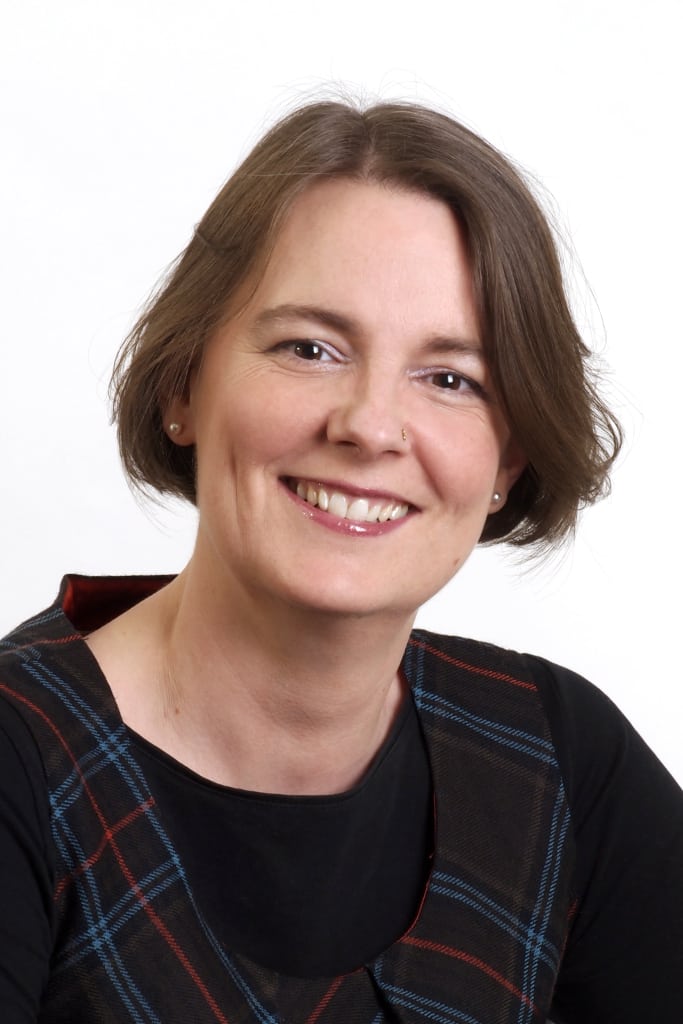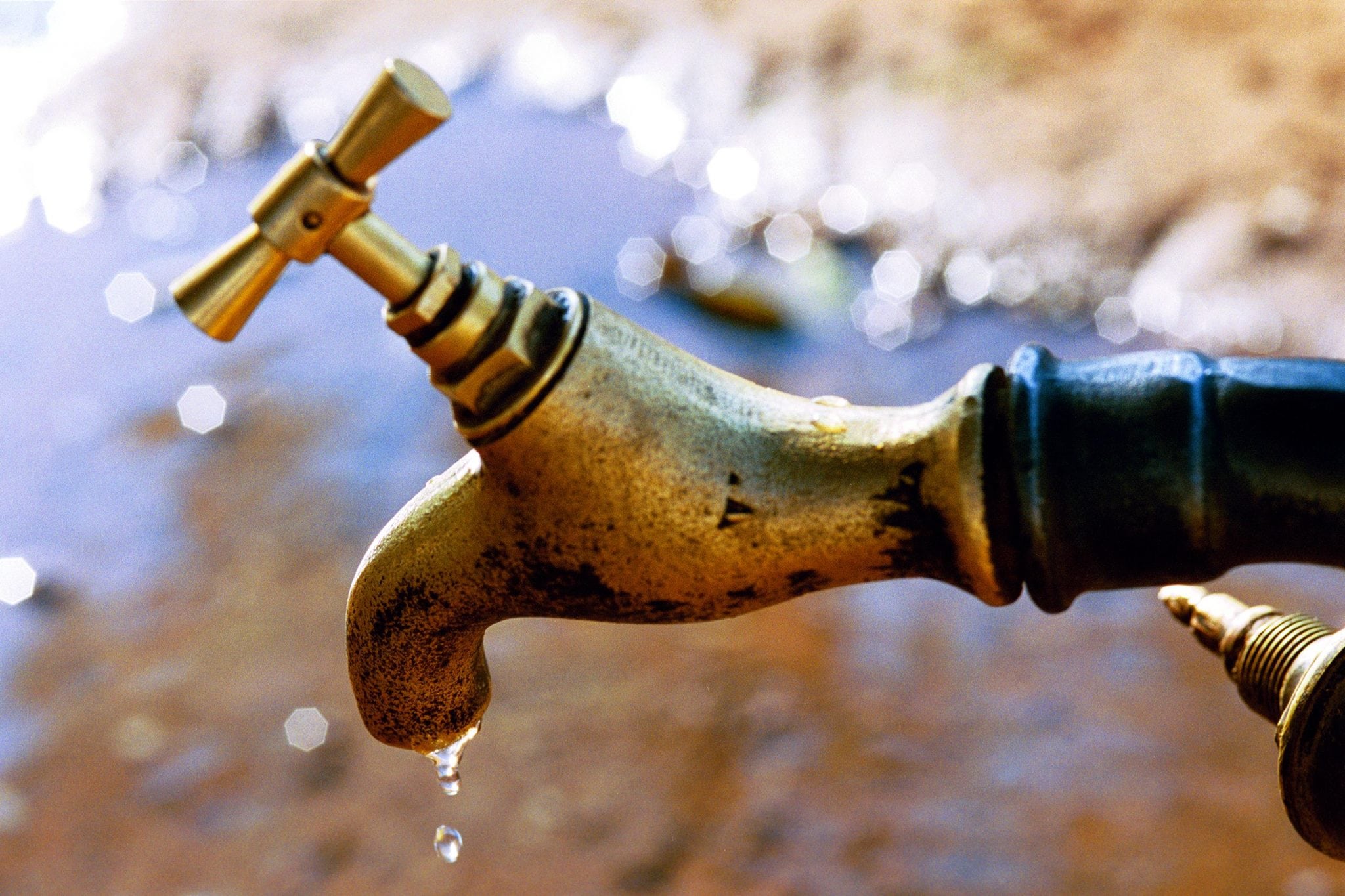 Our recorded E4C Webinar with Kerstin Danert is now available: Manual Drilling: A Global Perspective of Local Realities.<
Our recorded E4C Webinar with Kerstin Danert is now available: Manual Drilling: A Global Perspective of Local Realities.<
Manual drilling and pumping for water is more important today than any time in recent history. In the last 10 years, the number of people in Africa who hand-pump their water from a well dug by hand has doubled from 75 million to 150 million. And manual drilling for water is important method in at least 36 countries worldwide. Kerstin Danert makes that work easier. Danert directs the Rural Water Supply Network and has spent the last 16 years training people to use hand tools to find and draw their own water, and to maintain the work that they’ve done. It’s a huge job that, done right, improves health and the quality of life for entire communities. We asked Kerstin Danert five questions.
E4C: What are some of the issues in rural water supply that are most in need of engineering insight?
KD: I can name two:
1. Highly affordable, robust and acceptable tanks and jars for storing rainwater. The lack of widespread use of domestic roofwater harvesting in the tropics is a modern-day scandal.
2. Solving the corrosion problem for the India Mark II and India Mark III handpumps. We know that GI pipe cannot be used when the pH is less than 6.5, but they are still installed. And it seems that the switch to stainless steel or plastic is a challenge due to manufacture and supply chain problems.
E4C: Which tools or methodologies do you rely on most to deliver successful solutions?
KD: I am actually not that fond of the word “tools” unless one is talking about a hammer or screwdriver. What I rely on most in my work is trying to develop as much of an understanding of the context, people and institutions that I am working with. This, coupled with my own knowledge and experiences as well as drawing on what seems to be the most appropriate methodology, or publications is how I work. I do not believe that there is a “one-size-fits-all” methodology in rural water supplies.
The lack of widespread use of domestic roofwater harvesting in the tropics is a modern-day scandal.
E4C: What are some of the biggest barriers to the adoption of a technology?
KD: Getting a new technology from the field-testing stage to widespread uptake in rural areas of the south is extremely difficult. The fragmentation of the sector, many agencies working in one country or local area, poses a major challenge. As does insufficient time and resources to ensure that a product passes the “valley of death” to widespread uptake. Also, rural people have many other concerns and priorities for how to spend their (often limited) cash.
E4C: Do you have any examples of failures that the Manual Drilling Compendium can prevent?
KD: Matching the manual drilling techniques to the local conditions is essential. And this does not happen overnight. There are countless failed attempts to drill very hard formation with manual drilling techniques for example. I hope that those who read the manual will not try to unrealistically expect human energy to drill through meters and meters of hard rock!
I have no illusions of saving the world, and am well aware that not every single thing that I do will make a difference. I play my small part in something much much bigger.
E4C: When was the last time you just knew that you are in the right line of work and that your job is making a difference?
KD: Most days I believe that I am in the right line of work. I cannot imagine a more interesting and rewarding job. When I see rural water supply professionals and practitioners doing better work than before, or who are more confident in what they do I am particularly happy. I am lucky to have a mix of very local assignments and work of a global reach. They balance each other out. However, I have no illusions of saving the world, and am well aware that not every single thing that I do will make a difference. I play my small part in something much much bigger.
